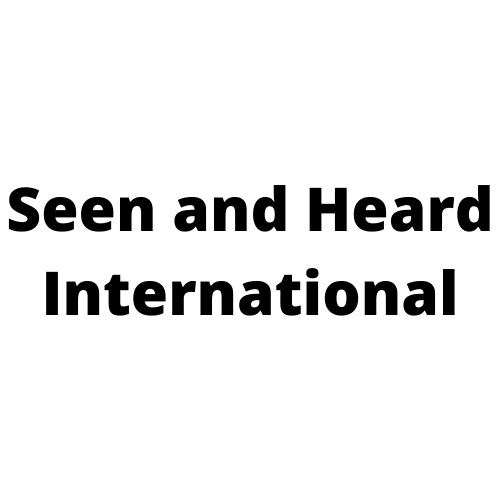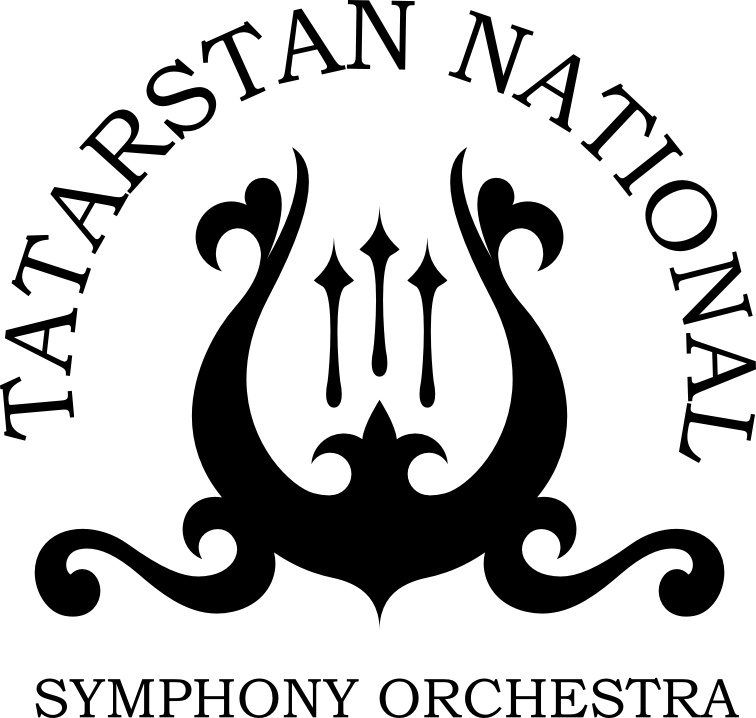Russian FederationRussian Federation Beethoven: Pavel Milyukov (violin), Tatarstan National Symphony Orchestra / Alexander Sladkovsky (conductor), Saydachev Concert Hall, Kazan, 19.9.2020. (GT)Sladkovsky’s Beethoven opens the Fifty-Fifth Concert Season in Kazan


Beethoven – Overture to Egmont, Op.84; Violin Concerto in D major, Op.61; Symphony No.5 in C minor, Op.67
After some six months of being confined to home listening to LPs and CDs, there is simply nothing to compare with those exciting moments sitting in a concert hall waiting for the musicians to start playing. This was an unexpected event for me personally, and indeed considering the lockdown started during all the celebrations of Beethoven’s birth – once again I could hear the life-inspiring music of Beethoven.
The occasions that I have heard a Russian orchestra playing Beethoven are rare; a concert of Pletnev conducting an electric performance of Beethoven’s Seventh Symphony with his Russian National Orchestra in 1990 sticks in my memory still. Pletnev is one of only two Russians to record all the symphonies, and the news that Sony Classics are recording Sladkovsky’s Tatarstan musicians in a complete set of Beethoven symphonies next year adds to an overflowing number of Beethoven complete cycles. Based on this concert, the Tatarstan offering may prove to be an attractive proposition.
Coronavirus has affected Russia significantly although their situation is not as grave as other European countries, in Moscow masks are obligatory indoors. In recent weeks, several music ensembles and theatres have resumed performances here. The hall was only half full owing to social distancing and everyone, apart from the musicians, wore a mask. The Tatarstan National Symphony returned from their extended lockdown in March by recording all of the Rachmaninov orchestral works for Sony last month. Sladkovsky directed the orchestra in a televised open-air concert ‘Kazan Autumn’ of popular opera arias and overtures three weeks ago.
The Overture to Egmont started quietly almost like awakening after a long silence, Sostenuto, ma non troppo, and surely life stirred in the woodwind with a bright almost plaintive passage followed by piano in the violins, forte in the second violins, and then following a pause and the eloquent bassoon, the orchestra led by brass and the timpani introduced an exhilarating theme conveying Egmont’s spirit transforming the tragedy of the execution and transporting us from darkness to light – a wonderful opening to this evening after so much tragedy in recent times.
Pavel Milyukov was born in 1984 in Perm in the Urals and studied at the Moscow Conservatoire with Professor Ivanov, he has won several major competitions and won the third prize at the 2015 Tchaikovsky Competition. Milyukov recorded the Tchaikovsky Violin Concerto with this orchestra last year, which was released in the Spring on Sony, and here this multiple competition laureate proved himself as an outstanding exponent of this great work. Milyukov plays on an Ex-Szigeti Guarneri violin. He has a golden tone and shows a precision in playing mixed with that heroic reserve wholly appropriate for this piece. The quiet entry on the timpani evoked the mood of the French Revolution before the lengthy orchestral introduction. The orchestra showed themselves on great form accompanying the soloist with virtuosity in every department. Often when these musicians play Western music, they actually don’t sound like a Russian orchestra. This is difficult to explain but it is almost as if they change the style and manner of playing different music, these are aspects of the orchestra which the conductor has drilled into their playing performance. In the extended cadenza Milyukov played with a very powerful, masculine manner bringing off this performance magnificently well. The presentation by Sladkovsky’s musicians and their accompanying of the soloist brought out those eruptive and demonic moods of Dionysus counterbalancing with an Apollonian sense of order, elevated beauty, and serenity. As an encore, Milyukov played the familiar ‘Air’ from Bach’s Orchestral Suite No.3 in D.
If the violin concerto alludes to revolution, the Fifth Symphony quotes the very chants of Paris in 1791 in an expression of humanity face to face with destiny, and ultimately triumph over adversity. Sladkovsky employed a large ensemble of eight double basses, eleven cellos, and full complement of first, second violins, and violas, plus four horns. This created a depth of sound one doesn’t always hear in Beethoven. The opening four-note motif in the Allegro con brio was tremendously dramatic – Sladkovsky adopting the brisk allegro tempo – followed with fine playing by the brass and extended strings group, emphasizing the gravitas of the music. In the Andante, there was a noble grandeur in the strings, and especially virtuosic play from the oboe, flute, clarinet, and bassoon. In the Scherzo. Allegro, there was wonderful clarity in the wind group in the trio section, invocation of Claude Joseph Rouget de Lisle’s revolutionary theme, followed by beautiful playing by the violins in the pizzicato passage before the entry on timpani of the transition to the Allegro finale, with an enormously glorious culminating coda bringing victorious triumph over the forces of darkness.
At the close, the audience rewarded the playing with a standing ovation – perhaps most of all for a return to the concert hall after so many weeks of silence, and for returning on such top form. Following this season’s opener, the orchestra will tour to Chelyabinsk in the Urals for two concerts and then give a subscription concert in Moscow in October.
Gregor Tassie
Source:
« back



